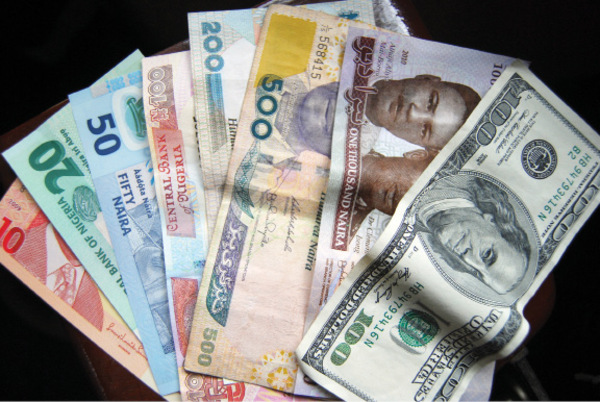Nigeria Spends N5.2 Trillion To Service Debt In 6 Years
Nigeria has over the last six and a half years spent N5.197 trillion to pay interest on its debt both at home and abroad, having spent $1.974 billion dollars to service its external debt and another N4.855 trillion to service its domestic obligations.
The Director General of the Debt Management Office, Abraham Nwankwo had on Thursday said the nation’s total debt profile as at December 31, 2016 was N17.36 trillion ($57.39 billion) up from N16.29 trillion in June 2016.
Statistics obtained from the Debt Management Office showed that the country spent $166.02 million (N33.2 billion; N200/$) to service its external debt in the first half of 2016 while N616.68 billion was spent on servicing local debts.
The amount spent on servicing debt had risen in 2015, with local debt costing the nation N1.018 trillion as against N865.809 billion in 2014, while external debt which dropped in 2015 to $331.059 million from $346.723 million in 2014 had risen in naira terms due to declining value of the naira.
The value of the naira in 2015 averaged N180 to the dollar bringing the cost of external debt in 2015 to N62.41 billion up from N52.008 billion in 2014. This means that the government in 2015 spent 22.6 per cent of the N4.5 trillion budget on servicing its loan.
This figure is expected to further rise as the country seeks out funds for its N7.3 trillion expansionary budget for 2017. The country recently had a successful outing at the Eurobond market where it had a 750 per cent oversubscription for its $1 billion Eurobond.
It is also seeking to get loans from the World Bank and has already taken $600 million out of the $1 billion African Development Bank loan last year with the balance of $400 being expected. The Finance Minister said the government plans to present the required economic reform proposals to the World Bank this month to borrow at least $1 billion, following the willingness of the bank to give Nigeria up to $2.5 billion loan.
A breakdown of the external loan shows that In terms of sources, multilateral agencies contributed the highest percentage to the country’s indebtedness. Last year, as of June 30, 2016, the multilateral agencies accounted for 70.96 per cent of the country’s external debt exposure.
While the debt to Gross Domestic Product of the country remains low at around 14 per cent, economists say Nigeria should be worried about the percentage of its revenue that goes into servicing of debts rather than the size of the debts.
The World Bank Lead Economist for Nigeria, Mr. Khwima Nthara, who noted last year that Nigeria’s total debt profile was sustainable cautioned that the cost of servicing it, especially the domestic debt, was too high and out of sync with the country’s revenue profile.
“Debt has been on the increase, but Nigeria’s debt remains low. The debt stock has just increased from 12 per cent to 14 per cent of the Gross Domestic Product. The most important problem that Nigeria is facing is debt service. Nigeria has a large debt to revenue ratio, and largely most of the debt is domestic, which is crowding out the private sector.
“So, while Nigeria does not have a debt sustainability problem at the moment; indeed, there is an issue on how the debt is being financed. And that is why the Debt Management Office is putting in place now strategies to increase external financing” the World Bank economist noted.




